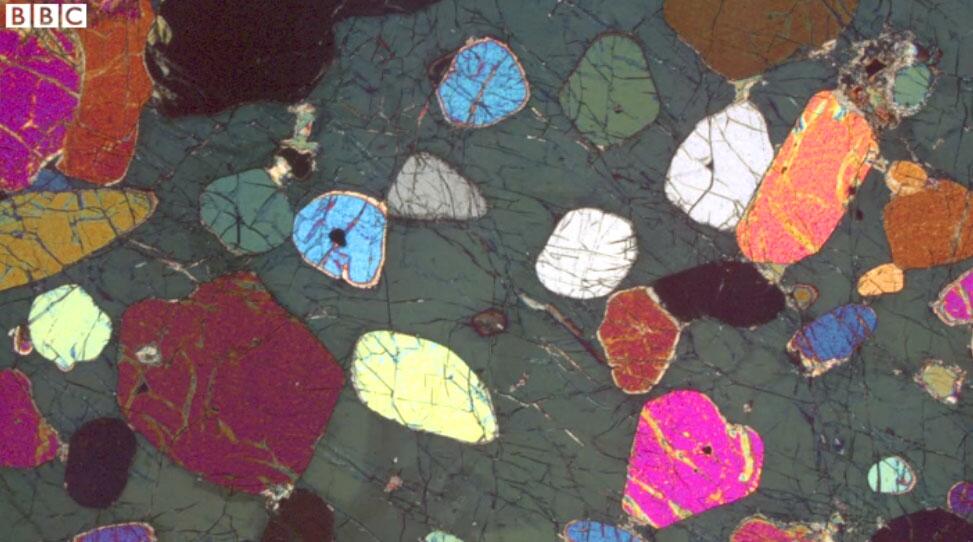The world is addicted to hydrocarbons, and it's easy to see why - cheap, plentiful and easy to mine, they represent an abundant energy source to fuel industrial development the world over.
The side-effects, however, are potentially devastating; burning fossil fuels emits the CO2 linked to global warming.
And as reserves of oil, coal and gas are becoming tougher to access, governments are looking ever harder for alternatives, not just to produce energy, but to help achieve the holy grail of all sovereign states - energy independence.
Some have discovered a potential saviour, locked away under deep ocean beds and vast swathes of permafrost. The problem is it's a hydrocarbon, but unlike any other we know.
For more information click
here.







.jpg)
